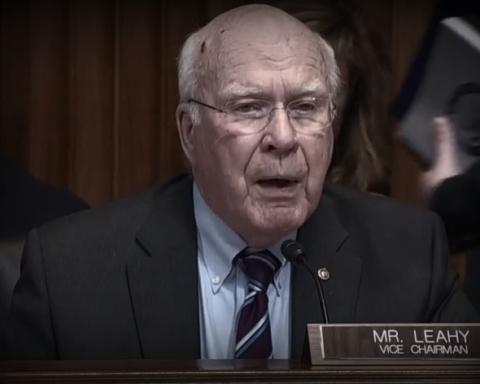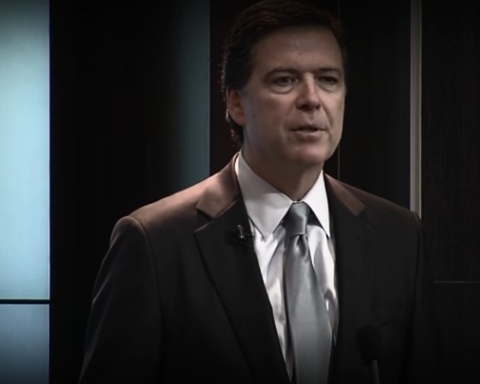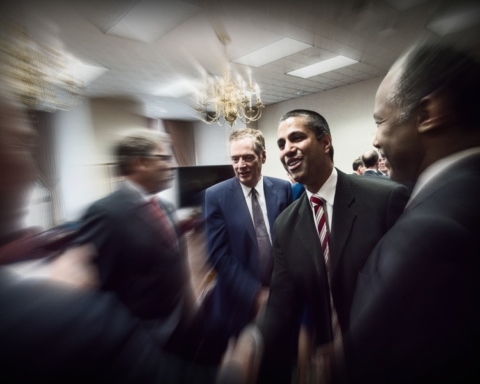Unconfirmed reports that the Paris attackers used encryption to communicate ahead of last week’s deadly attacks have prompted lawmakers on Capitol Hill to move toward cracking down on the secure technology.
“In the Senate Armed Services we’re going to have hearings on it and we’re going to have legislation,” Sen. John McCain (R-Ariz.), the Chairman of the Armed Services Committee, told The Hill on Tuesday.
He added that he would support requiring tech companies to install weaknesses in their encrypted platforms to allow law enforcement easier access.
Sen. Dianne Feinstein (D-Calif.), the ranking member of the Senate Intelligence Committee also promised action. “The chairman and I will consult other members of our committee will consult and hopefully we will be able to come forward with some proposals that make some good sense,” she told reporters Tuesday.
As digital privacy experts have noted, however, any sort of installed deficiency into encryption could be exploited not just for legitimate law enforcement purposes, but also by hackers, identity thieves, and foreign governments.
A crackdown on digital cryptographic communications would have sweeping effects on several industries that use the technology to hide sensitive medical data, make secure transactions, and protect trade secrets.
Companies like Apple and Google are offering encryption by default on their consumer products. A growing number of smaller companies are specializing in encrypted communication platforms in the wake of Edward Snowden’s revelations about mass, indiscriminate spying at the National Security Agency.
FBI Director James Comey and a number of government officials in law enforcement and intelligence, have claimed that criminals and terrorists are increasingly “going dark” through the use of secure communications.
Although there is at the moment no concrete evidence that the Islamic State attackers used encryption, John Brennan, the director of the CIA, said on Monday that he hoped Paris would be a “wake-up call” to those who aren’t already concerned by encrypted communications. He noted that there are “a lot of technological capabilities that are available right now that make it exceptionally difficult, both technically as well as legally, for intelligence and security services to have the insight they need to uncover it.”
Facing opposition from the tech industry, privacy organizations, and civil libertarian lawmakers, White House officials have said that they are no longer seeking legislation from Congress to weaken encryption.
The spy community’s top lawyer, however, suggested that the administration could recalculate its strategy in light of a terrorist attack like Paris. In an email sent to colleagues in August, and later published by the Washington Post, the General Counsel for the Office of the Director of National Intelligence, Robert Litt acknowledged that “the legislative environment is very hostile today” to do anything about encryption. But added, “it could turn in the event of a terrorist attack or criminal event where strong encryption can be shown to have hindered law enforcement.”
Testifying before the House Judiciary Committee Tuesday, Attorney General Loretta Lynch claimed that encryption has led to “the loss of very valuable information.” She noted, however, that law enforcement currently has “methods and means” to counter the technology.





